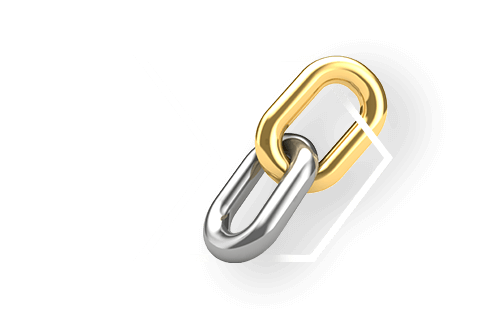To start, we have Unit Trust funds. A Unit Trust is essentially a pool of money managed by a fund manager, who then invests it into a variety of asset classes like equities, fixed-income instruments and commodities. A big plus of Unit Trust funds is that it provides diversification in your investment, and often has limited exposure to any one particular stock or security. This makes it a great way of investing, as you are not putting all your eggs into one basket.
Moving on to Structured Deposits. Unlike traditional Fixed Deposits, Structured Deposits have an investment element involved which means that although the returns are potentially higher than the former, there is no guarantee that it will materialise. The good news, however, is the downside protection - as Structured Deposits come with a 100% capital guarantee, if held to maturity. This gives investors peace of mind, as they know that at the very least, they will not lose their capital.
Next up are Bonds or Fixed Income investments. These are essentially loan agreements between companies (or sometimes, even governments) that are financed by investors. Investors usually receive regular payments, also called coupons, which act as an additional source of income until the maturity date, which is when investors are repaid the original amount they had invested (known as the principal). There is however a risk that the companies are unable to fulfill their debt obligations, which leads to a default. Should this happen, your principal may face a risk of being unpaid when the bond matures.
Investors therefore need to be cautious when considering Fixed Income investment decisions.
On a side note, the general assumption is that you need a lot of on-hand funds to invest in Bonds. However, did you know that with tools such as Reverse Repo, the upfront cash portion can be as little as 30% of the investment value?
Lastly, we have Bancassurance, which refers to insurance products sold through the Bank. Insurance is very important and an often-overlooked tool that investors should consider in order to ensure protection not only for themselves but for their loved ones too. This is particularly vital when it comes to easing financial burden, in the event of a disruptive event such as total and permanent disability, critical illness or even death. Insurance solutions come in various shapes and forms, such as Endowments, Term Plans, and Whole Life and Universal Life insurance, and the benefits could include one-off or even regular payments.


